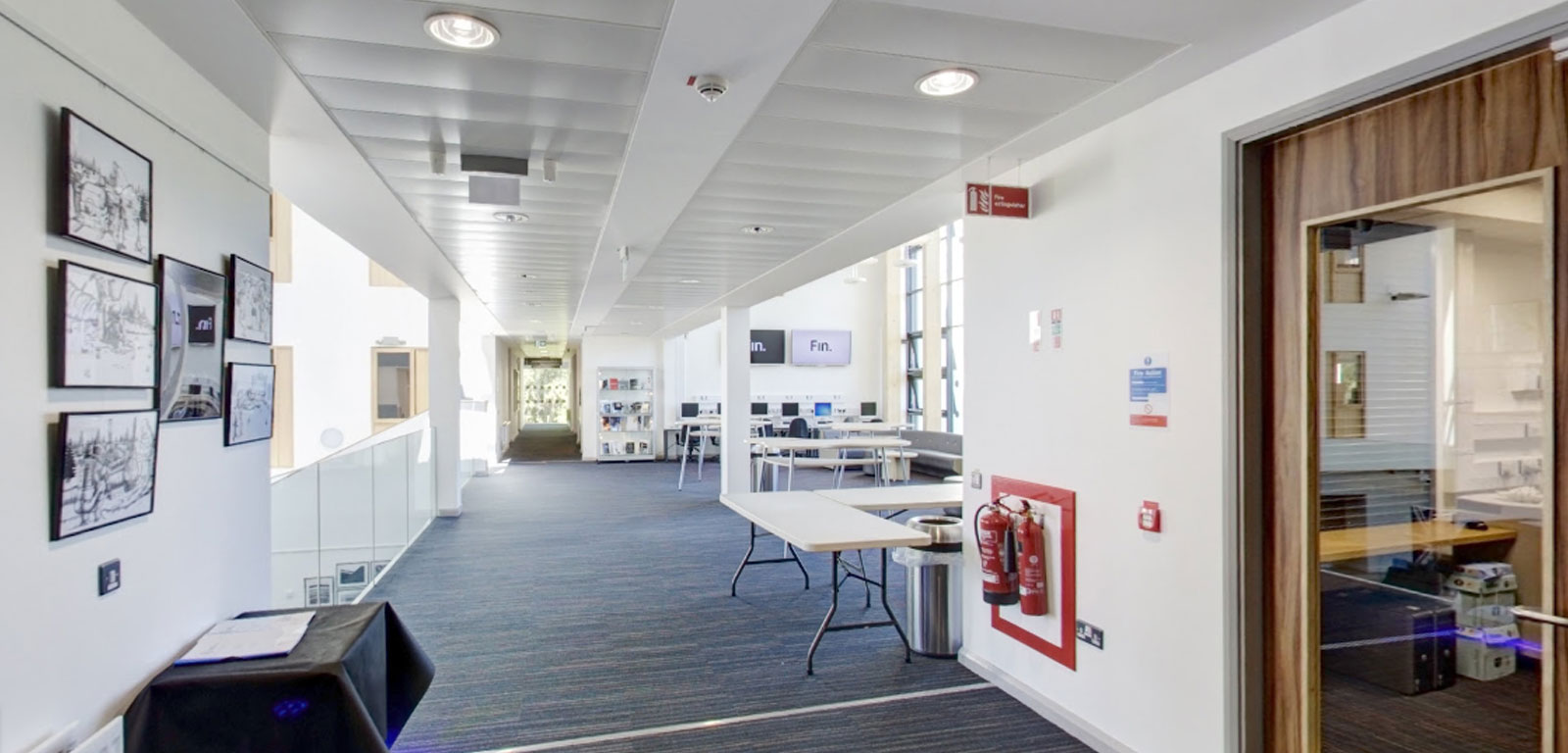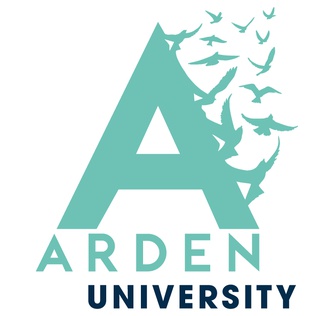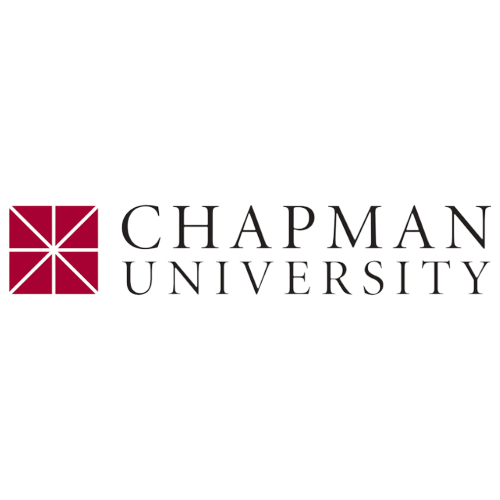📖Program Curriculum
Year one
Introduction to Financial Accounting
Year: 1
The module establishes a strong foundation for students as they undertake the study of accounting. As such, the module identifies, develops and assesses a range of skills that are important within the context of double entry book-keeping, preparing financial statements, undertaking financial reporting and performing detailed analyses supporting aspects of the internal financial management of a business entity.
Introduction to Finance, Taxation and Ethics
Year: 1
A knowledge of professional responsibility and ethics, finance and taxation are essential for students intending to pursue a career in Accounting and are an essential part of most financial and economic decision making. This module provides a foundation for future modules which will build upon the fundamentals covered in this module.
Principles of Management
Year: 1
This module introduces the fundamental concepts of management and cognate topics, including the business environment, business ethics, motivation, problem solving and decision making, planning, human resource management, organisational structure, change and innovation, and operations and quality.
Students will acquire an understanding of the issues and challenges facing managers in both domestic and global environments.
Academic and Business Analytics Skills
Year: 1
The module establishes a solid foundation for students as they make the transition to become effective learners at third level and beyond. As such, the module identifies, develops and assesses a range of skills that are important for academia and business. The module provides and introduction to the business analytical skills which are necessary to address challenges and opportunities in the current global business environment.
Principles of Economics
Year: 1
This module introduces students to the fundamental concepts and principles of economics and provides an essential underpinning for more advanced study of economics and economic issues.
Principles of Marketing
Year: 1
The module specifically provides students with understanding of the key principles and concepts of marketing to allow further learning of the strategic importance of the area in the future.
Year two
Financial Accounting I
Year: 2
The form and content of published financial statements; profit and loss account; balance sheet; cash flow statements; introduction to group accounts; analysis and interpretation of financial statements; regulatory framework of accounting.
Management Accounting
Year: 2
An important role of management accounting is to present accounting information to assist managers to plan, make decisions and measure performance. Key elements of practice in the discipline include approaches to costing, use of management accounting information, absorption costing, marginal costing, breakeven analysis, decision making, budgeting, standard costing, variance analysis, investment appraisal, statistical approaches, activity based costing and ethical issues.
Professional Skills Development
Year: 2
This module is designed to provide students with the necessary tool kit to lead their own professional credibility, during and after their under graduate study. It will provide an interactive and experiential learning environment for students whereby they can learn about the kind of business leader they want to become and how to achieve this
Business Law
Year: 2
The module deals with the main principles of the law of contract and law of tort as well as providing explanations of the legal structures within which businesses operate. These legal formats of business organizations are critically explored as are the methods whereby businesses are managed and analysed and how the external environment, in terms of legal regulation, impacts on the operation of businesses. The topics under examination provide a solid framework for understanding of the legal basis in which businesses operate and enable students to undertake further study of related Business and accounting subjects.
Consumer Behaviour
Year: 2
In the course of this module, students will develop an understanding of, and the ability to use, the core theories and techniques underpinning Consumer Behaviour; stemming from the economic and philosophical constructs of consumer behaviour, through to contemporary consumer research techniques.
Marketing Management
Year: 2
In the course of this module, students will develop an understanding of, and the ability to use, the core theories and techniques underpinning Marketing Management; stemming from the management techniques and philosophies that underpin the subject, through to their application to contemporary marketing management issues.
Year three
Diploma in International Academic Studies
Year: 3
This module is optional
The Diploma in International Academic Studies aims to develop students on a personal and professional level. Skills developed include CV writing, interview skills, knowledge of study and career choices, career management strategies, understanding of employability skills and cultural development.
Diploma in Professional Practice
Year: 3
This module is optional
This module provides undergraduate students with an opportunity to gain structured and professional work experience, in a work-based learning environment, as part of their planned programme of study. This experience allows students to develop, refine and reflect on their key personal and professional skills. The placement should significantly support the development of the student's employability skills, preparation for final year and enhance their employability journey.
Year four
International marketing
Year: 4
This module explores the complexity of forces that underpin the international marketing decisions made by organisations. In particular, it aims to understand the impact of these forces on the activities of organisations, and the nature of the decisions that organisations must take if they are to survive and prosper in a dynamic international marketing environment. The module will focus on the regional, national and international contexts and provide students with practical and academic knowledge where they will have an opportunity to showcase their ability to interpret, synthesise, apply and evaluate knowledge and understanding.
Digital Strategy and Communications
Year: 4
The module aims to explore a range of contemporary issues facing organisations operating in a digital world. Teaching provided will allow students to fully appreciate the impact and influence of the dynamic digital landscape.
Marketing Metrics
Year: 4
This module is designed to provide students with an appreciation of analytical tools and metrics available to evaluate the performance of specific marketing activities.
Taxation Policy and Practice
Year: 4
This module is optional
This module provides insight into the theory, concepts, procedures and practices of UK taxation with particular focus on income tax, corporation tax, capital gains tax and VAT.
Managing Financial Performance
Year: 4
This module is optional
This module traces the development of management accounting theory and practice in the context of change in the modern business environment. The module examines the social, technological and international challenges to management accounting.
Financial Accounting II
Year: 4
This module is optional
The nature and purpose of accounting theory; the role of accounting regulation including the development of the latest accounting standards; contemporary issues in accounting; recent and future trends in financial reporting; accounting for transactions in financial statements and group financial statements.
Audit and Assurance
Year: 4
This module is optional
This module introduces the student to the conceptual and theoretical fundamentals of auditing combined with the practical application of auditing principles and the issues encountered in a financial reporting and audit environment. It identifies the skills that a professional auditor must have and how best to utilise those skills in the audit of economic sustainable profit and non profit organisations.
Show less🏠 Accommodation
You will need to book the accommodation after you have been accepted.
You can choose to live on campus or off campus in private accommodation.
How to book:
- Make a booking online after you have been accepted (in this case please let us know your choice when you apply).
- Register when you arrive - its not possible to reserve a room before arriving. You can arrive a few days before and book it
💰 Fees
Application Fee:
237 RMB
Tuition fee:
15,840 GBP per year
63,360 GBP in total
❓✅❌ Entry Requirements
The minimum age is 18.
English fluency is required.
You need to be either:
- A native English speaker
- Studied a degree in English before
- Can demonstrate a high level of English
- Having an English certificate such as IELTS level 6 or TOEFL 95 and above is an advantage.
Minimum education level: High School.
The program is competitive, you need to have a high grades of Average A, 70%, or a high GPA.
All students from all countries are eligible to apply to this program.
Or see the list of programs you are eligible for here .
📬 Admissions Process
3 Steps to Apply to a University
Please choose the programs here , "You are advised to select 2-3 programs to increase your chances of getting accepted.
Required Documents:
- Passport
- Graduation certificate
- Passport size photo
- Official transcript
- Personal statement
- English certificate (You can take the English test online)
- Guarantor letter
Preparing documents:
You can start your application now and send the application documents during your application. Some documents you can send later if you don’t have them right away. Some more info about preparing application documents is here
Application process:
Applying Online is simple in just a few steps. More information is available here.
The first steps are to choose the programs, pay the application fee and upload the application documents.
Once submitted to Global Admissions, we will review your application within 2-3 days and proceed to the university or ask you for further clarification
After it has been processed to the university you will receive your unique application ID from each university.
The university may contact you directly for further questions.
We will then follow up each week with the university for updates. As soon as there is any update we will let you know. If you have made other plans, decide to withdraw / change address at any time please let us know.
After you have been accepted you will receive your admissions letter electronically and asked to pay the non-refundable deposit to the university.
Once you have paid the deposit the university will issue you the admissions letter and visa form to your home country.
Show less❓ Have a Question?
There are no similar questions. Please send us your question below














